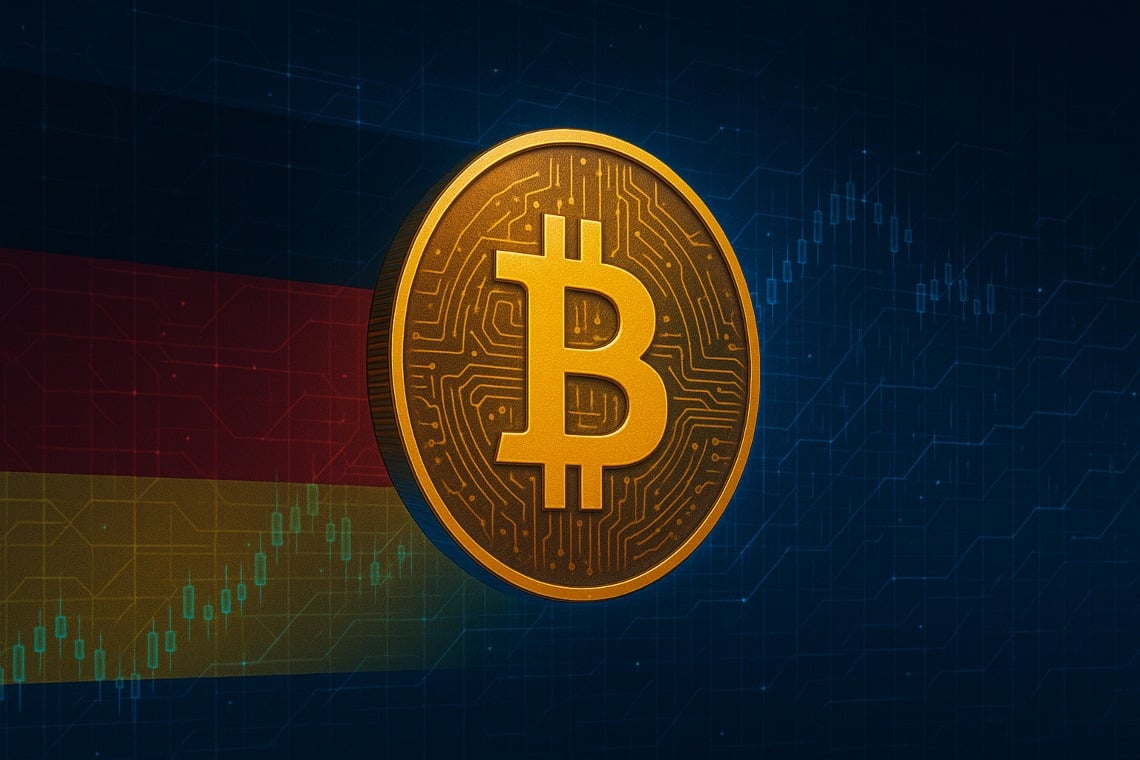the Germany’s AfD plan debate

The Alternative for Germany (AfD) has tabled a motion to create a strategic Bitcoin reserve, reopening debate on digital assets and fiscal policy. The Bitcoin reserve proposal now faces parliamentary scrutiny and raises questions on implementation and risk.
What does the AfD Germany Bitcoin proposal aim to do?
The motion asks the federal government to consider holding Bitcoin as part of national reserves to diversify assets beyond fiat and gold. Reporting has amplified the plan as a test of whether mainstream politics treats crypto as a sovereign financial tool; analysts note similar discussions in other EU capitals.
Proponents frame the idea as an inflation hedge and a way to increase financial independence. Opponents say the proposal lacks operational detail on governance, valuation and oversight.
What are the government Bitcoin custody and regulatory challenges?
Secure custody for sovereign holdings would require insured, multi‑party key management, independent auditors and clear accounting rules. EU financial law and coordination with the Bundesbank and the European Central Bank would be essential before any purchase is made.
What are the Bitcoin reserve risks and next steps?
Critics warn that Bitcoin’s price volatility and custody complexity could expose public finances to unusual risks. Note: any pilot would need explicit stress tests, insurance and transparent disclosure rules before scaling up a reserve allocation.
Experts identify three core challenges: custody and insurance, valuation and accounting, and monetary‑policy coordination. In brief: the AfD motion moves to committee and then to the Bundestag, but regulatory, technical and political hurdles make immediate adoption unlikely without small, well‑governed pilots and central‑bank engagement.